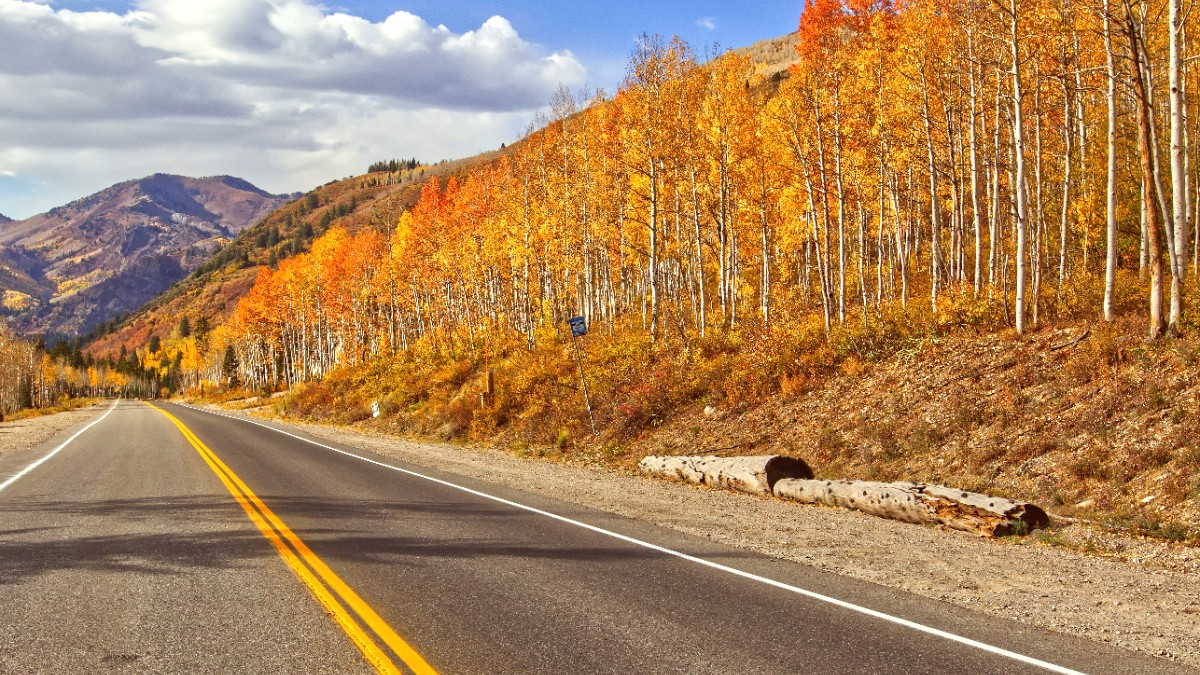
Rocky Mountains, USA
Aspen’s culinary scene blends high-end international influences with comforting mountain-town food. It draws from its identity as a luxury resort with a rugged Western heritage.
No single "Aspen cuisine." Restaurants feature local Colorado ingredients: Rocky Mountain trout, bison, seasonal produce. The town's mining past introduced a hearty element; its modern revival brought sophistication.
Highly recommended, especially for fine dining during peak season.
Generally "mountain casual" (neat, comfortable clothing). Smart casual for upscale establishments.
Customary 15-20% for good service, more for exceptional service.
Fresh, local trout, often prepared simply to highlight its flavor or with regional ingredients.
A local specialty.
Lean, flavorful game meats found on many menus. These deliver a taste of the Western landscape.
A true mountain flavor.
Many establishments prioritize locally sourced ingredients during the growing season. This supports freshness and local producers.
Fresh and seasonal.
High-quality beef, often aged, is a staple of many upscale restaurants in Aspen.
No specific iconic snacks define Aspen. However, many restaurants offer high-quality, creative desserts. These highlight local ingredients or innovative techniques.
Aspen's top tier for culinary excellence and luxurious settings.
Quality dining at accessible price points for everyday enjoyment.
Truly budget options are limited in Aspen. Here are some alternatives.
Explore Italian dining at places like Acquolina and L'Hostaria.
Authentic dishes available.
Mexican cuisine (Mi Chola, Chica) and other international influences appear throughout Aspen's dining scene.
A world of tastes.
Most restaurants offer vegetarian options. Vegan choices are increasingly available.
Many restaurants know about gluten-free items. Inform your server about allergies.
Dedicated Halal or Kosher restaurants are limited. Specific meats or meals are not common.
Online menus and review sites (Yelp, TripAdvisor) mention dietary accommodations. Calling restaurants directly is the most reliable method.
Ski-in/ski-out restaurants on all four mountains. Cloud Nine Alpine Bistro on Aspen Highlands and Sam’s on Snowmass are popular.
Convenient and atmospheric.
A strong tradition in Aspen. Many bars and restaurants offer special happy hour menus and lively atmospheres directly after the ski day.
A social and culinary highlight.
Purchasing ingredients at Clark's Market or City Market (down-valley) significantly cuts food costs.
Food tours focus on downtown Aspen's dining scene and history. These tours often include tastings at several establishments.
Two majestic peaks beautifully reflected in Maroon Lake. One of North America's most photographed scenes.
The original Aspen ski area, directly rising from downtown. Gondola departs from downtown.
A historic Victorian-era opera house in downtown Aspen. Hosts concerts, films, comedy shows, and community events.
Stroll through downtown Aspen, especially the West End, to admire well-preserved Victorian homes and commercial buildings from the silver mining era.
A step back in time.
Underground tours of a historic silver mine near Aspen. Seasonal operation. A direct experience of Aspen's mining past.
Beneath the surface history.
A stunning high mountain pass at 12,095 feet (3,687 m). Dramatic alpine scenery, wildflowers in summer, and hiking access. Open seasonally. Drive carefully.
A tranquil park in Aspen dedicated to the singer-songwriter John Denver. Features large rocks inscribed with his lyrics and a beautiful garden. Free admission.
A paved, multi-use trail from Aspen down-valley to Glenwood Springs (40 miles). Free to access. Popular for walking, running, cycling. Scenic river views.
Vehicle access restrictions apply for some popular natural attractions during peak seasons. Plan shuttle usage and make reservations as needed.